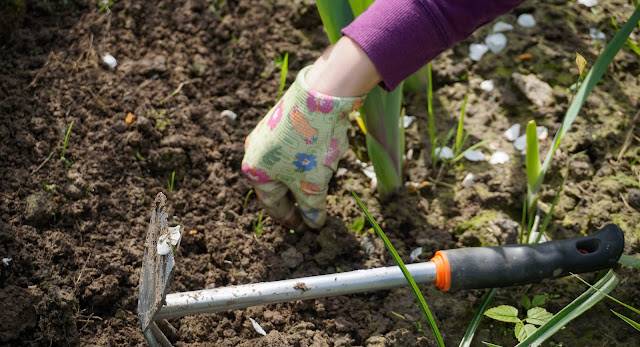Don’t. A little effort can sometimes find some powerful truths hidden in those passages.
Colossians ends with one of those “hi from” passages. Aristarchus says hi. Mark says hi. Justus says hi. On and on it goes. Here’s a tip: Look up those names.
How? You can use a concordance. The concordance in your Bible is usually pretty limited, so you’d probably need one that’s a separate volume. Or you can do it online. I strongly suggest doing it online. BlueLetterBible.org makes it very easy. (Go to the verse. Click on Tools. Click on the word you want to search.)
What do we find if we look up those names? You'll find two really have a story.
Mark first appears in Acts. The church seems to meet in his mother's house (12:12). When Paul and Barnabas left on a mission trip, they took him with them (12:25). Mark “deserted” them in Pamphylia. When Paul and Barnabas headed out on another trip, Barnabas wanted to take Mark again, but Paul refused. “They had such a sharp disagreement that they parted company. Barnabas took Mark and sailed for Cyprus” (Acts 15:37-39). So Paul rejected Mark, but Barnabas took him under his wing.
Now, we don’t know how many years later, Mark is keeping Paul company while he’s in prison writing Colossians. Later on, Paul tells Timothy, “Get Mark and bring him with you, because he is helpful to me in my ministry” (2Tim 4:11). Mark also appears in Rome helping Peter (1Peter 5:13). And that, according to tradition, is how he ended up writing the Gospel of Mark.
We don’t get as much detail about Demas, but he also has a bit of a story. He’s mentioned again in Philemon, where Paul refers to him as a “fellow worker” (1:24). He’s in it shoulder to shoulder with Paul.
For a while. The next mention of Demas is to Timothy: “Demas, because he loved this world, has deserted me and has gone to Thessalonica” (2Tim 4:10).
One is reminded of the Parable of the Sower, which Mark himself records.
A farmer sows his seed. Some falls along the path. Some falls on shallow soil and doesn’t survive the heat of the sun. Some falls on fertile soil but as it grows is choked by thorns. And some falls on good soil. Jesus explained:
[Some people], like seed sown among thorns, hear the word; but the worries of this life, the deceitfulness of wealth and the desires for other things come in and choke the word, making it unfruitful. (Mark 4:18-19)
Mark started out, seemingly, choked by thorns. He wanted to follow Jesus, but when life in the mission field got uncomfortable, he headed home. Demas, apparently, did the same thing.
But Mark had Barnabas, who, apparently, did some weeding. Barnabas took the seed that was choked by thorns and made it fruitful.
We don’t know what happened with Demas. He’s not mentioned again in the New Testament nor by the apostolic fathers, the next generation after the apostles.
So this “filler” passage connects us to two stories, one of a disciple who had a rough start but a strong end, and another who had a good start and quite possibly a bad end. I hope the natural response is to ask, “Which am I?”
The story of Demas and parable of the sower should compel us to search our hearts. How deep is the soil? Are there thorns trying to choke out the gospel? Am I producing fruit?
If there are thorns, how can I remove them?
The story of Mark makes me ask, can I do what Barnabas did? I would give a kidney to know how he got Mark back on the path. But scripture doesn’t share that. And it’s probably going to be unique for every person. But Mark only finished strong because Barnabas helped him. Demas needed his own Barnabas. Is there someone in my life that needs me to do that for them?
So let this “filler” passage make us search our own hearts and also look outward, to see who may need us to come alongside them and help them to finish the race strong.
See also:
A Concordance as a Devotional
Of Sons and Promises
Image via Pixabay

No comments:
Post a Comment